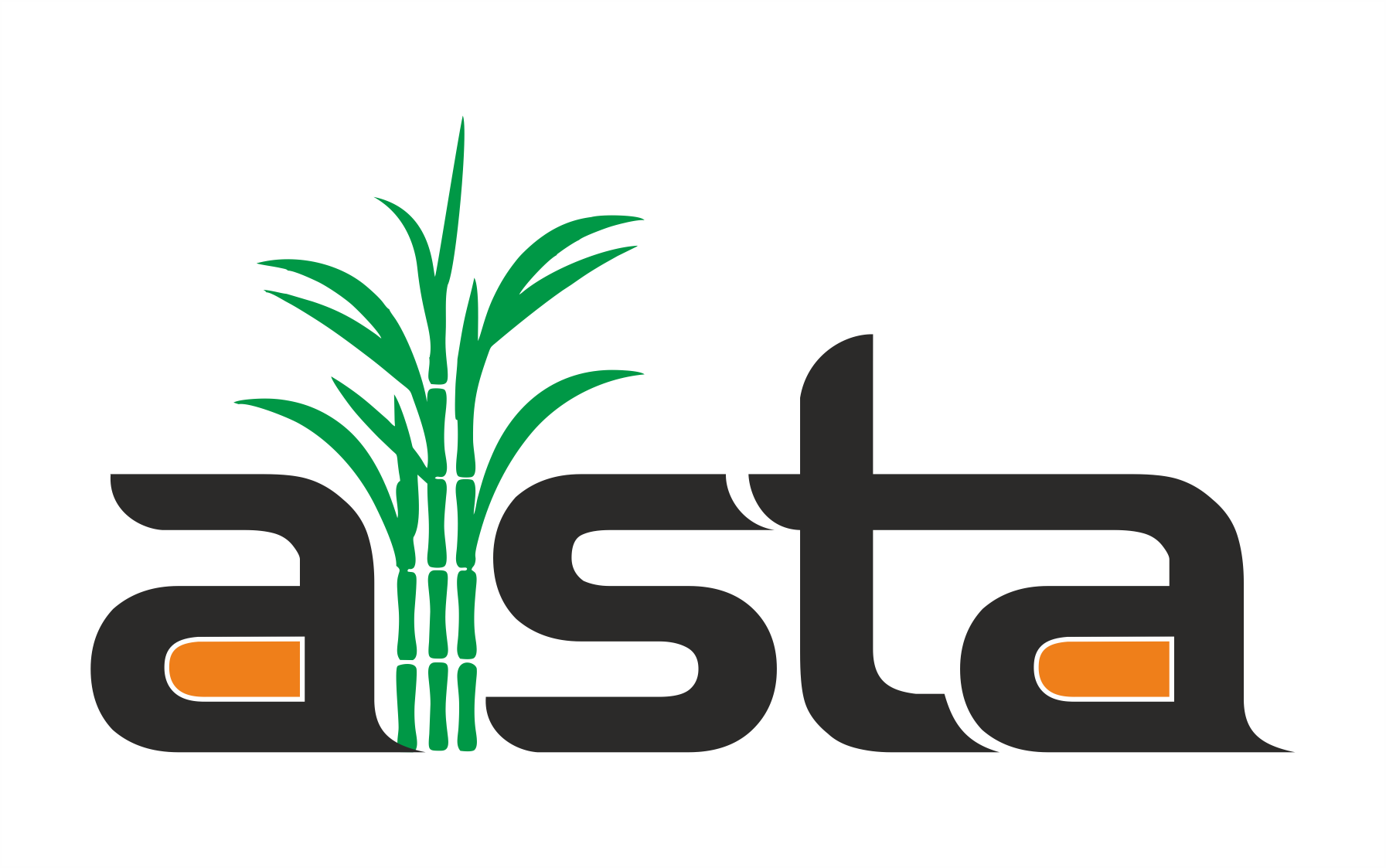Cabinet nod for big hike in MSP of kharif crops next week: PM
Prime Minister Narendra Modi today said the minimum support price for kharif crops, including paddy, will be fixed at least 1.5 times of the production cost in the Cabinet meeting next week.
He also said the support price for sugarcane, called Fair and Remunerative Price (FRP), would be announced in the next two weeks and that the rate would be higher than 2017-18.
This assurance was given by Modi during an interaction with 140 sugarcane growers from major producing states such as Uttar Pradesh, Maharashtra, Karnataka, Uttarakhand and Punjab.
This was Modi’s second meeting with farmers in the last ten days as his government seeks to address farm sector woes in the election year and has also made slew of announcements, including a Rs 8,500 crore package for sugar sector.
“The Prime Minister announced that the Union Cabinet would approve the implementation of Minimum Support Price (MSP) of 150 per cent of the input cost, in its forthcoming meeting, for the notified crops of Kharif season 2018-19,” a PMO statement said.
This would ensure a significant boost to the income of farmers, the statement said, adding that the MSP hike would be announced next week.
The Prime Minister also informed farmers that within the next two weeks, the FRP for sugarcane for the 2018-19 sugar season (October-September) will be announced.
Modi said that this will also be higher than the 2017-18 price. It will also provide incentive for those farmers whose recovery from sugarcane will be higher than 9.5 per cent.
FRP for the current 2017-18 season is Rs 255 per quintal and the government’s farm advisory body CACP has proposed Rs 20 per quintal hike for the next season.
In the meeting, Modi apprised cane growers about the various decisions taken to clear sugarcane arrears.
“In the last seven to ten days itself, more than Rs 4,000 crore of arrears have been given to the farmers as a result of new policy measures enforced,” the Prime Minister said.
He assured farmers that states have been asked to take effective measures for liquidation of cane arrears.
Cane arrears stood at Rs 22,654 crore as on June 1 and now have come down to Rs 19,816 crore, as per official data.
To boost farmers’ income, Modi called for use of sprinkler and drip irrigation, latest farming techniques and solar pumps as well as solar panels in their farms.
He emphasised on value addition of crops, judicious use of farm waste, and up to 10 per cent reduction in chemical fertilisers by 2022.
Mentioning about his recent interactions with industries, the Prime Minister said corporates have been asked to invest more in value addition, warehousing, storage facilities, better quality seeds, and market linkages for improving income of farmers.
Modi also highlighted the steps taken by his government during 2014-15 and 2015-16 season when cane arrears had crossed Rs 21,000 crore.
Elaborating on the government’s plan to ensure 10 per cent blending of ethanol in petrol, he said it would be a long-term solution for providing stability in the sugar industry.
To help loss-making sugar mills pay sugarcane growers, the Centre has taken various initiatives during the last five months. These include doubling of import duty on sugar to 100 per cent, scrapping of export duty and announcement of the Rs 8,500 crore package.
The package includes creation of buffer stock of 3 million tonnes of sugar, providing soft loan of Rs 4,500 crore with interest subsidy for expansion of ethanol capacity besides a production-linked subsidy worth Rs 1,500 crore to clear sugarcane arrears of the farmers.
On Wednesday, the government hiked prices of ethanol extracted from final or C-molasses by Rs 2.85 per litre to Rs 43.70 per litre and also fixed for the first time the rate for ethanol produced from B-molasses (called intermediary molasses) at Rs 47.49 per litre for the 2018-19 season beginning December.
This move will help boost production of ethanol, used in blending with petrol, and also enable mills to divert some of the sugarcane juice during the surplus crop year.
Sugar production of India, the world’s second largest producer but the biggest consumer, is estimated to touch a record 32 million tonnes in the 2017-18 marketing year (October-September), against 20.3 million tonnes output in the previous year.
This year’s expected production is much higher than the annual domestic demand of 25 million tonnes. The problem of plenty has led to crash in prices of sugar below the cost of production.
Source: Business Standard – Published on: 29/06/2018

